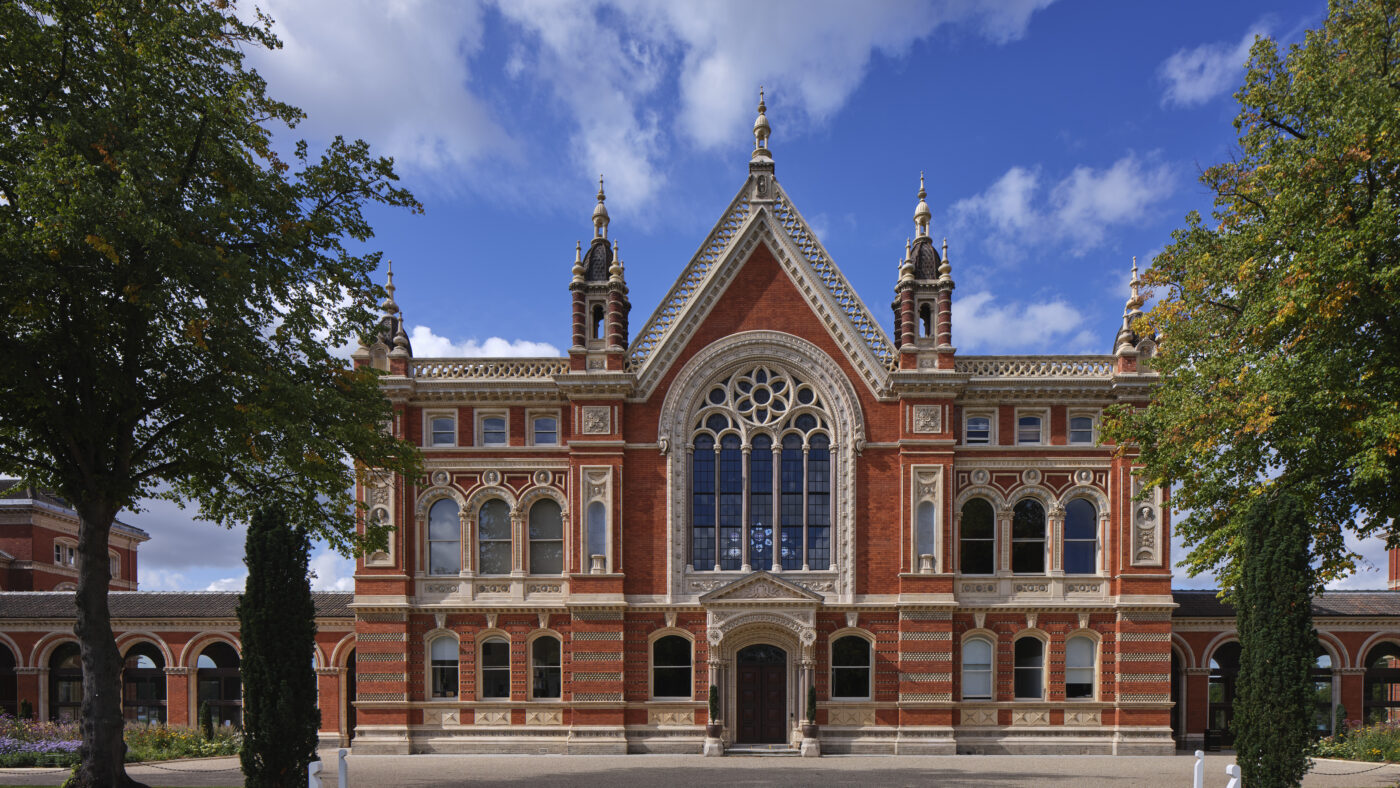The absurdity of Labour’s private school tax raid is finally getting the attention it warrants following the publication of Keir Starmer’s ‘first steps’. A policy which amounts to an act of class war, it simply serves to show what we can expect from a Labour government – one that dances to the tune of equality orthodoxy, even if it means dismantling things that work.
As I wrote back in October, the entirety of the Shadow Chancellor’s cost-benefit analysis for this policy is based on an Institute for Fiscal Studies report that analyses the impact of a gradual rise in fees rather than a 20% overnight hike.
The impact of this proposal is already being felt. An article published in The Times last week revealed that private school enrolment is down by 8%, at a cost to the taxpayer of £6,899 per pupil.
This prompted many to tweet their fiscal opposition to this nonsensical proposal, citing the financial impact it would have on the state sector. However, what is notably absent from their rebuttals is the moral case for private schools that the likes of Margaret Thatcher always advocated for. This is the idea that sending your child to a fee-paying establishment isn’t a pretentious display of luxury beliefs – it is the pinnacle of parental choice and financial freedom.
Electorally, Britain has historically rejected hard socialism, and the voting public ought to be reminded that no matter how immaculately Labour have reinvented themselves, what lies beneath is still a statist behemoth that whispers, ‘the government will choose for you’.
The gossamer-thin credibility of this move makes the motivation behind it all too transparent. While it’s clear that Labour haven’t yet managed to ascertain the problems that plague our state education system, one thing they are comically certain of is that private schools are their cause (except they can’t possibly believe that, considering how many of their own MPs were privately educated.)
They are indulging the fallacy that private schools are subsidised by the public, unwilling to face the reality that soon, hundreds of oversubscribed state schools will realise their increase in outgoings to accommodate extra children is bereft of a silver lining.
Initially, the supposed £1.6bn raised from VAT receipts was to be used for a state-sponsored breakfast for every primary school child, then for ‘desperately needed’ mental health investment in secondary schools, and now, finally, it has formed part of Starmer’s six pledges, one of which is to recruit 6,500 teachers. Given the epidemic of disruption in primary schools and our public vilification of secondary school teachers for deigning to offend a minority view. As a former teacher myself, I would argue staff shortages are a symptom of the problem, not the cause, but even if this were not the case, the positive outcomes of solely recruiting more teachers could well be zero.
How exactly will an increase in teacher numbers boost the amount of schools moving from ‘good’ to ‘outstanding’? Has anyone in the Shadow Cabinet stopped to consider the potentially negligible behavioural influence of a newly qualified teacher, who no doubt would much rather teach in an ‘outstanding’ school than a one that ‘requires improvement’?
The geographical realities of this policy also appear not to have entered the minds of those who devised it. Private school pupils are not evenly distributed across the country, and this is a headache in the making for Starmer, whose mission to level up the North will clash with the need to invest more money in schools in London and the South East having to absorb the majority of the ousted students. Under these plans, under the banner of social mobility, Labour will simply be welcoming in a slew of well-resourced and increasingly financially advantaged families into the arms of the state.
Possibly the most frustrating part about Labour’s plans is that they already know they’re wrong – the benefits of capitalism are too much even for them to ignore. Wes Streeting, Shadow Health Secretary, commented that he was ‘fed up with this binary view‘ that the NHS can either be publicly funded or privately owned. He said, ‘if we can combine our country’s leading scientific and tech minds with the care and capacity of the NHS then the sky is the limit.‘ But for some reason, this attitude is lost when it comes to education.
Labour’s approach to private schools is entirely incoherent and unevidenced, but one thing remains clear: it is based entirely on an ideology of resentment. Optimism, hope, and freedom are the cornerstones of a successful Britain, and Conservative MPs should not be afraid to remind the electorate of that.
Click here to subscribe to our daily briefing – the best pieces from CapX and across the web.
CapX depends on the generosity of its readers. If you value what we do, please consider making a donation.


